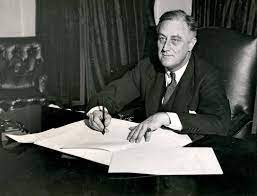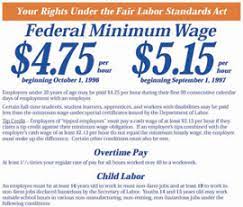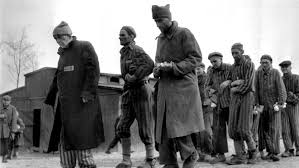The year 1918 marked a pivotal moment in American history with the ratification of the Eighteenth Amendment to the United States Constitution on January 16, 1919. This amendment, often referred to as Prohibition, fundamentally altered the social and cultural landscape of the nation by prohibiting the manufacture, sale, and transportation of intoxicating liquors. While the actual enforcement of Prohibition commenced in 1920 with the passage of the Volstead Act, the constitutional amendment laid the groundwork for a significant social experiment that had profound and lasting consequences.
The roots of Prohibition can be traced back to various social and moral movements that gained momentum in the 19th century, driven by concerns about the negative impacts of alcohol consumption on public health, family life, and overall societal well-being. Organizations such as the Anti-Saloon League and the Women's Christian Temperance Union played influential roles in advocating for the prohibition of alcohol, framing it as a solution to social issues such as domestic violence, poverty, and crime.
The Eighteenth Amendment, once ratified, aimed to address these concerns by imposing a nationwide ban on the production, distribution, and sale of alcoholic beverages. However, rather than achieving the intended positive outcomes, Prohibition gave rise to a series of unintended consequences that profoundly shaped American society during the 1920s and early 1930s.
One of the immediate consequences of Prohibition was the surge in illegal alcohol production and distribution. The demand for alcoholic beverages did not diminish with the introduction of the amendment; instead, it led to the rise of a clandestine and lucrative underground industry. Speakeasies, illegal bars and clubs, proliferated across the country, providing a haven for those seeking to flout the new laws. Organized crime syndicates also seized the opportunity, establishing illegal breweries and distilleries and engaging in the profitable trade of bootlegged alcohol.
The enforcement of Prohibition proved challenging, and law enforcement agencies faced difficulties in curbing the widespread disregard for the new laws. The pursuit of bootleggers and the dismantling of illegal operations became increasingly difficult tasks, leading to a rise in corruption within law enforcement and government agencies.
As the unintended consequences of Prohibition became more apparent, public sentiment began to shift. The social experiment that aimed to improve societal well-being had, in reality, created a breeding ground for criminal activity, eroded respect for the law, and strained relations between citizens and law enforcement.
The shortcomings of Prohibition ultimately led to its repeal with the ratification of the Twenty-First Amendment on December 5, 1933. The repeal marked the end of the nationwide ban on alcohol and underscored the acknowledgment that Prohibition had failed to achieve its intended goals.
While the Eighteenth Amendment is often remembered for the tumultuous era of Prohibition, it remains a significant chapter in American history. The amendment reflects the complex interplay between societal values, legislative initiatives, and the unintended consequences that can arise from well-intentioned reforms. The period of Prohibition serves as a cautionary tale about the challenges of legislating morality and the importance of considering the broader societal implications of sweeping policy changes.br>






